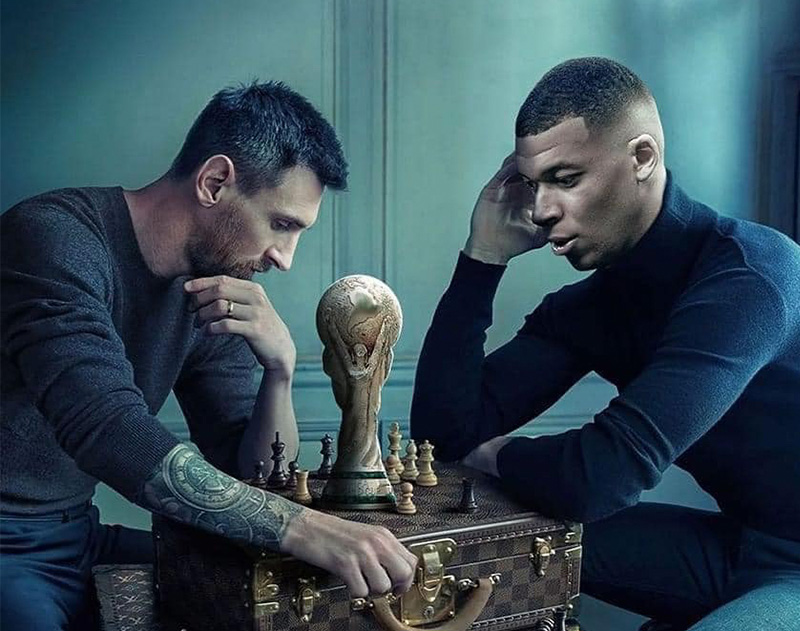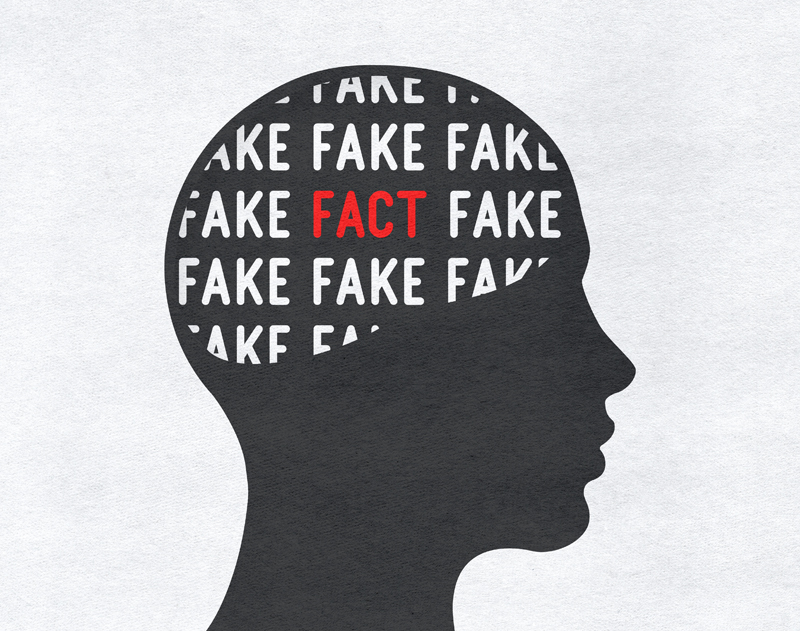Interdimensional world cup
Demons come out at night. They climb behind our eyes and prevent us from sleeping. Faced with such an onslaught, the only thing left to do is to shuffle through the Netflix offer until I fall sleep. Among all the titles, there is one that catches my attention, “Be Eternal: Champions of South America” It is the story of how the Argentine team won the Copa America. I’m not a soccer fan, but I am a fan of sticker albums, and there is no better album for me than the panini of each world cup. I’ve collected it, so the faces in the documentary look familiar, Messi, DiMaria, DePaul, and I start watching it.
It’s a journey, an odyssey narrated by the players, and it has all the elements of a good story. A beginning where they are broken and no one trusts them, a development where they find a common goal, train and unite as a team and a darkest hour before triumphing in an epic final battle. I like the structure, and I watch it to the end.
A few months later, the soccer world cup begins. Without immediately realizing it, I start to see the same structure of the documentary but live: The Argentine team starts badly, nobody trusts them, but they continue and start winning, media starts to pay more and more attention to them, each game more exciting than the one before. They have their hero, Messi, because in the end every good story must fall on a single person, they have their villains in each game and the legend aroma begins: If Messi wins the cup, it will be historic, no one has ever won “everything” in soccer, and he was close.
Critics and detractors are not lacking: “They are giving them the cup”, “It was not a penalty”, “The owner wants Messi to win because it would be historic and everything is arranged” By chance I have to watch the grand final in a bar, that add to the millions and millions and millions (and millions and millions) of eyes around the world watching the match. Argentina won the first half 2-0, and by the 80th minute of the second half everything was the same, so I relax and think that “meh”, in the end it wasn’t that difficult for them to win. By minute 82, France has scored two goals and they tie 2-2, they go to overtime.
In minute 108 of 120 Messi scores, after a review because a defender had taken the ball but it was already inside the goal line, the Argentines cry with joy, they are so close. In the 118th minute they give France a penalty and Mbappe scores, the villain has one last trick under his hat. At minute 120 + 2 a French striker is left alone in front of the goalkeeper, it is literally the last play and he only has to bring down the goalkeeper, something that he surely has done many times in training, he is perfectly positioned and strong. He shoots. The goalkeeper miraculously and unnaturally stretches his left leg and deflects the ball just enough to prevent the score. The play ends and they go to penalties. Mbappe and Messi make their respective annotations, the young and the old, the European and the American, the best in the recent world and the best in the veteran world. The Argentine goalkeeper saves the second penalty and the third is missed by the Frenchman, the Argentines don’t miss any and come out victorious.
The celebrations are an unprecedented explosion of joy, loaded with symbols and legends, the image of Messi kissing the cup, the memes of Maradona celebrating from heaven (and some from hell), Mbappe defeated, the best (and most vulgar) goalkeeper of the world crying. They achieved their goal, they are immortal, they are forever.
Amid all the hubbub, I wonder how it could be so “perfect.” How could it be so exciting? If it was fixed, what a great storytelling ability of the organizers, and if it wasn’t, what a great storytelling ability from life. The interest it causes amazes me, that is, I know it is the most watched sporting event in the world but the attention is titanic, there are too many minds that want to know or be part of this feat.
And so it has always been, with all stories, fiction or non-fiction, as humans we not only enjoy this type of odyssey but we want to be part of them, in our lives, even in small actions, when we finish our studies, in our local sports, our professional accomplishments, our micro-universes, replaying the hero’s journey over and over again, on all scales and in all eras, from ancient warfare to today. It is as if we are projecting all the time what we are destined to do, but without actually being able to do it, so we only have to simulate it in sports, at work, in memories, in social networks. As if the purpose of our doing is always determined by what is going to happen next, instead of what has happened before. A means to justify the ends.
Carl Sagan explains it very clearly when talking about the fourth dimension, it is as if we were the projection of a higher dimension, suspecting that we have to do something “more”, something that lasts forever, but without really knowing what, or how, so we intuitively make projections (like the World Cup, like a movie, like a company) of an ideal from another dimension, one that is unattainable, and It will always be.
This year, Clutch has given us the “Top 1000 Global Service Provider in 2022” award, and one more cycle has come to an end for us, one more odyssey has been projected into the microhistory of our company:

There were also villains to get here, there was a darkest hour, a hero, a teacher, deaths and a redemption that will be remembered forever. At least in the “forever” of the history of this company.







